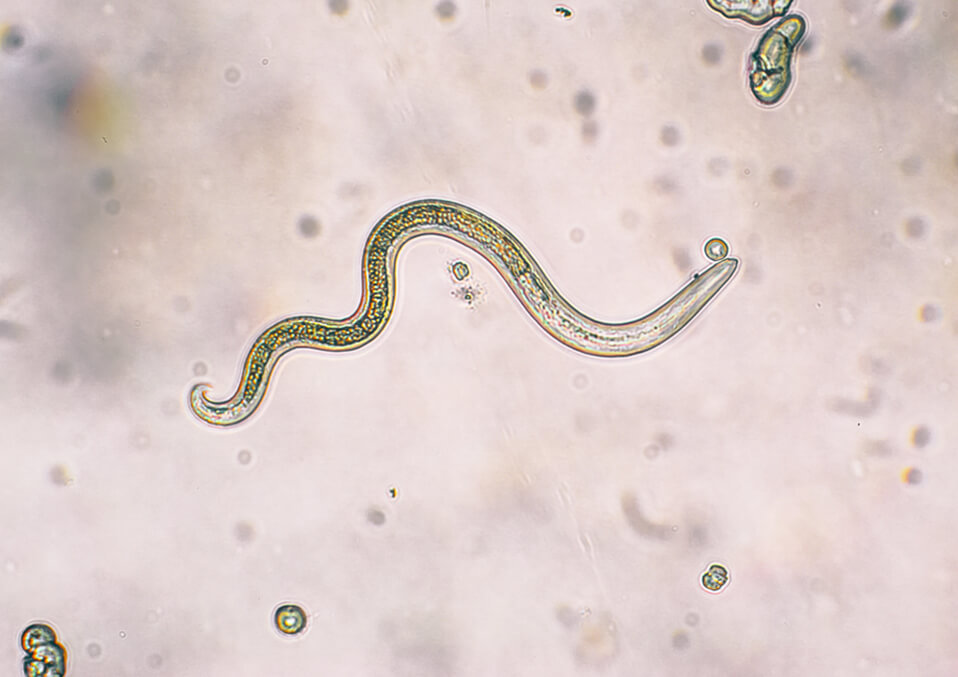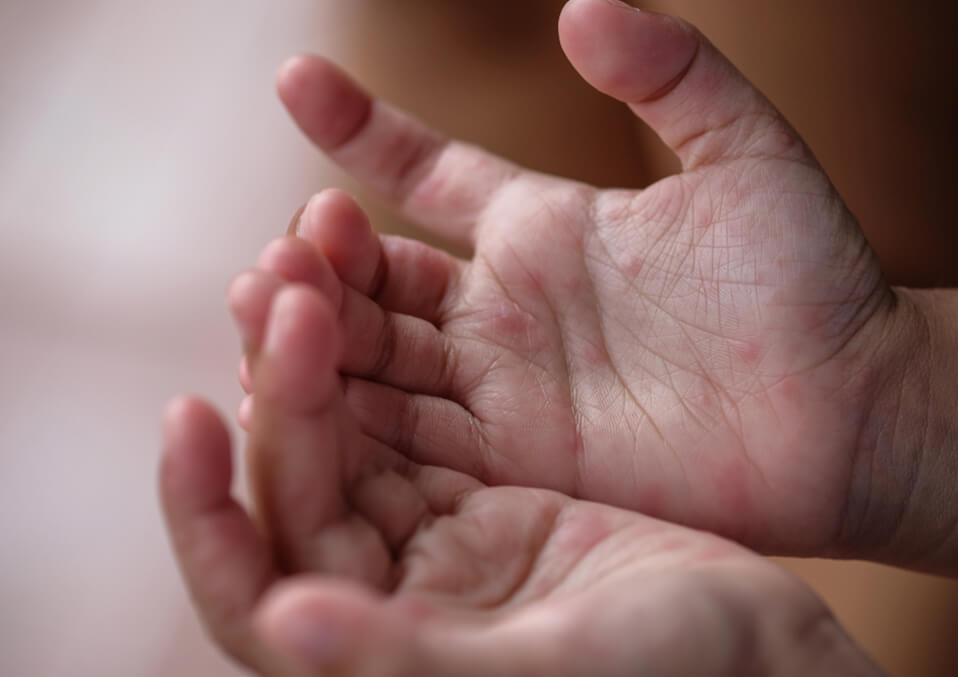
As a child grows up, parents experience different kinds of challenges and problems in all aspects of their child’s life. In the earlier stages of their life, parents are mostly concern about their health. Since children experience things for the first time, they are prone to infections, irritations, fever, viruses and the list goes on. That’s why parents are very particular in their physical well-being. One of the most common problems that parents may face is when their children get worms infection.
What’s a worm infection?

According to the Centers for Disease Control and Prevention (CDC), the most common worm in children in the United States is the Enterobius vermicularis which is called the threadworm or the pinworm. Another worm infection caused by roundworms and tapeworms is less common.
Threadworms or pinworms are small, white, thread-like worms that are 2 to 13 mm long. They are most common in children between the ages of 5 and 10, but anyone of any age can also be affected. People who live in institutions and those who have regular close contact with individuals in these groups can also be infected.
How worm infection is spread

Threadworms or pinworms are generally caught when someone swallows their eggs. Children can accidentally get worms on their hands and swallow them. This happens when they have contact with someone with worm infection or worm-infected toys or clothing. Once the eggs are swallowed, the eggs get into the child’s intestines, where they live and travel out through the anus. Then that’s where they hatch and lay more eggs around the anus at night time. This makes the child’s bottom very itchy. Sometimes, worms get into girls’ vaginas and make the area itchy too. The child’s hands might pick up the eggs and swallow it when he scratches his bottom and touches his mouth. In other cases, the eggs may fall off into the bedding or clothing and settling on surfaces at home or at school. Eggs can survive up to 2 weeks and can easily be picked up and spread between people. While it is less common, it’s also possible for adults to inhale airborne eggs when shaking contaminated clothing, towels or beddings.
What are the symptoms of worms on kids and on their behavior?

Symptoms of worms in kids and on their behavior may include an itchy bottom and some behavioral changes like irritability. However, most people have mild symptoms or no symptoms at all. This is especially true if an individual only has a small number of worms. Symptoms of worms on kids and their behavior are definitely worse with heavy or moderate infections.
In about a few weeks, the mature females will now find their way out of the intestines and in the anal area where they will lay their eggs. This is why the child feels itchy in the bottom which usually happens at night. The child may experience disturbed sleep and mild nausea. Some mature individuals who are severely infected may experience loss of appetite, severe irritability, abdominal pain, and weight loss. These are just some of the symptoms of worms in kids and their behavior. When someone in the household is infected, all other members should be treated also.
What are the remedies?
Treating worm infection is actually easy. Keep in mind that the treatment also goals to prevent an infection again to happen. Treatment may consist of either a medication followed by strict hygiene for 2 weeks hygiene method. Some medications are available over the counter at local pharmacies. It is very important to follow the manual’s instructions while medicating. Those who are pregnant or breast-feeding should consult a doctor first. Medication should be given to everyone in the household. There is a risk of transmission between people in the same household so the chances of being infected are high, even if there are no symptoms. This is important in order to prevent a cycle of infection.
The CDC recommends the following treatment for worm infection:
Mebendazole
This medication blocks the worm’s ability to absorb glucose, thus killing it within a few days. It can be taken in liquid or in a chewable form. A dose of 100 mg is taken repeatedly and usually for 2 weeks.
Pyrantel pamoate
This is available over the counter. This medication paralyzes the worms. The dose is taken repeatedly in 2 weeks.
Albendazole
Like Mebendazole, this also disables the worm to absorb glucose. Dosage is 400 mg and taken repeatedly for 2 weeks.
NOTE: After the initial treatment, hygiene measures must be continued for a span of 2 weeks. You should visit a doctor before taking any medication.
What are some ways to prevent worm infections?
- Before handling food or after going to the toilet, always thoroughly wash hands.
- Cut fingernails regularly.
- Prevent your child from scratching his bottom or sucking his thumb and fingers.
- Clean toilet seats and potties regularly.
- Always keep your child clean by taking him a bath daily.
Complications if left untreated
Though sometimes alarming, complications due to worm infection are rare. However, if they occur, they can include these following complications:
Urinary tract infection (UTI)
When worm infection is heavy, this is very common to happen especially in females. Cystitis can also occur if the worms travel into the bladder.
Peritoneal cavity infection
Vaginitis or endometritis can also occur. The worm may travel into the vagina, around the pelvic organs and the uterus.
Weight loss
For severe infection, the essential nutrients that the body gets may be consumed by the worms, resulting in weight loss.
Skin infection
When itching is intense, it may lead to harsh scratching. This might break the skin and cause skin infection.
Appendicitis
This happens when worms migrate into the appendix. It causes complications and can lead to appendicitis.
Don’t panic. There are no serious or immediate life-threatening complications due to worm infection. As long as treatment is done after symptoms appear, it can easily be handled.
Read also:
- Effective Natural Remedies For Kids
- Incredible Benefits of Sunlight To Kids’ Health
- Physical Education Activities Your Kids Must Try


